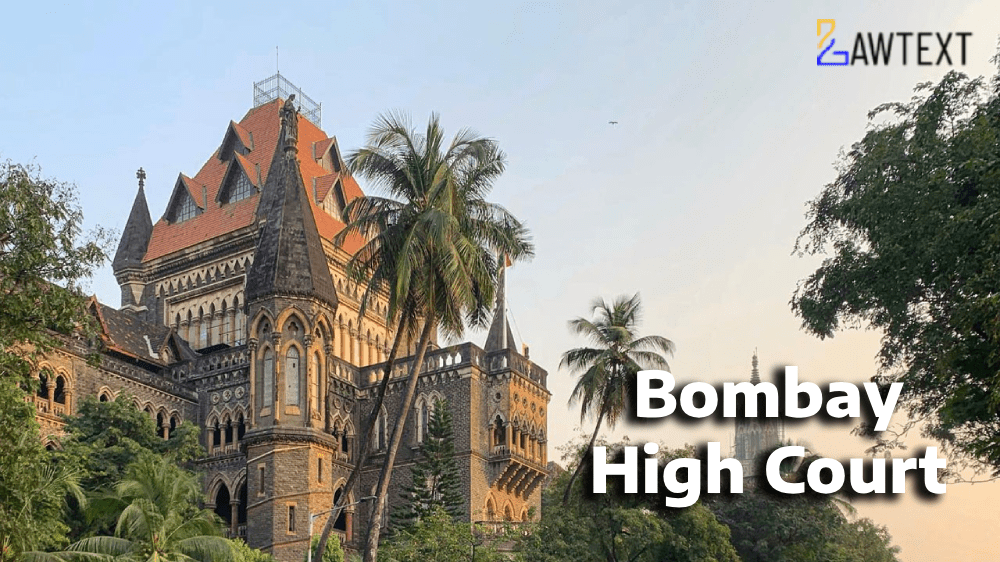Maharashtra Public Service Commission's Scribe Qualification Rule Upheld, Flexibility Allowed in Exceptional Cases. Court Validates MPSC's Interpretation of "One Step Below" Rule, Emphasizes Flexibility Under Reasonable Accommodation.

CASE NOTE & SUMMARY
The Bombay High Court upheld the Maharashtra Public Service Commission's (MPSC) interpretation of the rule requiring that the educational qualification of a scribe for candidates with disabilities be "one step below" the candidate's qualification. The Court affirmed that for graduate-level candidates, the scribe's qualification should be limited to the Higher Secondary Certificate (HSC or 12th Standard). However, the Court also acknowledged that this rule should not be rigidly applied and allowed for flexibility under the principle of reasonable accommodation, where justified by special circumstances.
1. Background and Case Summary
- The Petitioner, a visually impaired candidate with a Bachelor of Arts degree, applied for a public post and requested to use a scribe with a Second Year B.Sc. qualification.
- The MPSC rejected this request, citing their guidelines which state that the scribe's qualification must be one step below the candidate's minimum qualification, which for a graduate is the HSC (12th Standard).
- The Petitioner challenged this decision, seeking the Court's direction to allow his chosen scribe.
2. Legal Framework and Guidelines
- The case revolved around the Rights of Persons with Disabilities Act, 2016, which emphasizes reasonable accommodation for persons with disabilities.
- The Act requires the provision of necessary support, including scribes, to ensure equal participation in examinations.
- The MPSC guidelines, based on the Government of Maharashtra's 2021 resolution, stipulate that a scribe's qualification should be one step below the candidate's eligibility criteria.
3. Court’s Analysis and Ruling
- The Court agreed with the MPSC's interpretation that "one step below" for a graduate means the scribe's qualification should be limited to HSC.
- The Court emphasized that this interpretation is consistent with the common understanding of the educational hierarchy in Maharashtra (10+2+3 system).
4. Flexibility Under Reasonable Accommodation
- The Court introduced a caveat, stating that while the rule should generally be followed, it should not be applied rigidly.
- In cases where a candidate can demonstrate special circumstances, the authorities should consider deviating from the basic norm to accommodate their needs.
- However, in this case, the Petitioner did not establish any special circumstances that would justify such deviation.
5. Conclusion
- The Court upheld the MPSC’s decision but left room for flexibility in future cases, ensuring that the principle of reasonable accommodation remains dynamic and responsive to individual needs.
ISSUE OF CONSIDERATION
Rohit Vishnu Gaikwad Versus State of Maharashtra through Secretary & Anr.
Citation: 2024 LawText (BOM) (8) 222
Case Number: WRIT PETITION NO. 9346 OF 2024
Date of Decision: 2024-08-22
Case Title: Rohit Vishnu Gaikwad Versus State of Maharashtra through Secretary & Anr.
Before Judge: NITIN JAMDAR, AND M.M. SATHAYE, JJ.
Advocate(s): Dr. Uday P. Warunjikar with Mr. Siddhesh Pilankar for the Petitioner. Ms. Pooja Joshi Deshpande, AGP for Respondent No. 1. Mr. Ashutosh Kulkarni for Respondent No.2.
Appellant: Rohit Vishnu Gaikwad
Respondent: State of Maharashtra through Secretary & Anr.

